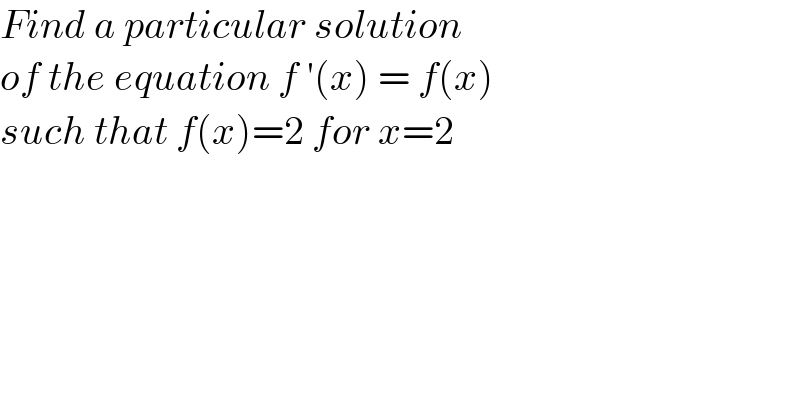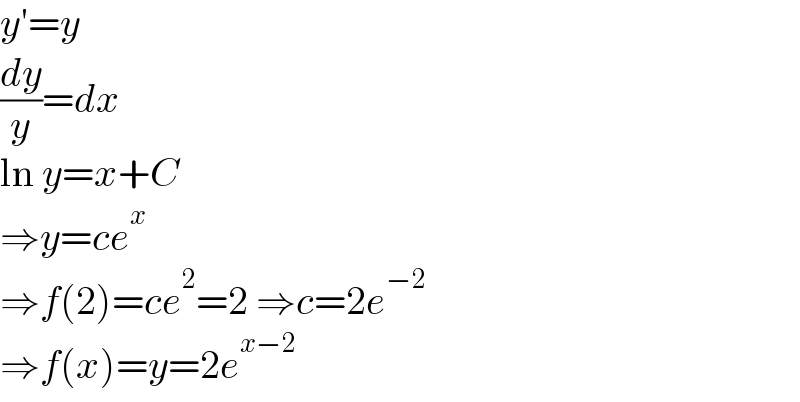
Question and Answers Forum
Question Number 130893 by EDWIN88 last updated on 30/Jan/21

Answered by mr W last updated on 30/Jan/21

Answered by benjo_mathlover last updated on 30/Jan/21

| ||
Question and Answers Forum | ||
Question Number 130893 by EDWIN88 last updated on 30/Jan/21 | ||
 | ||
Answered by mr W last updated on 30/Jan/21 | ||
 | ||
| ||
Answered by benjo_mathlover last updated on 30/Jan/21 | ||
 | ||
| ||